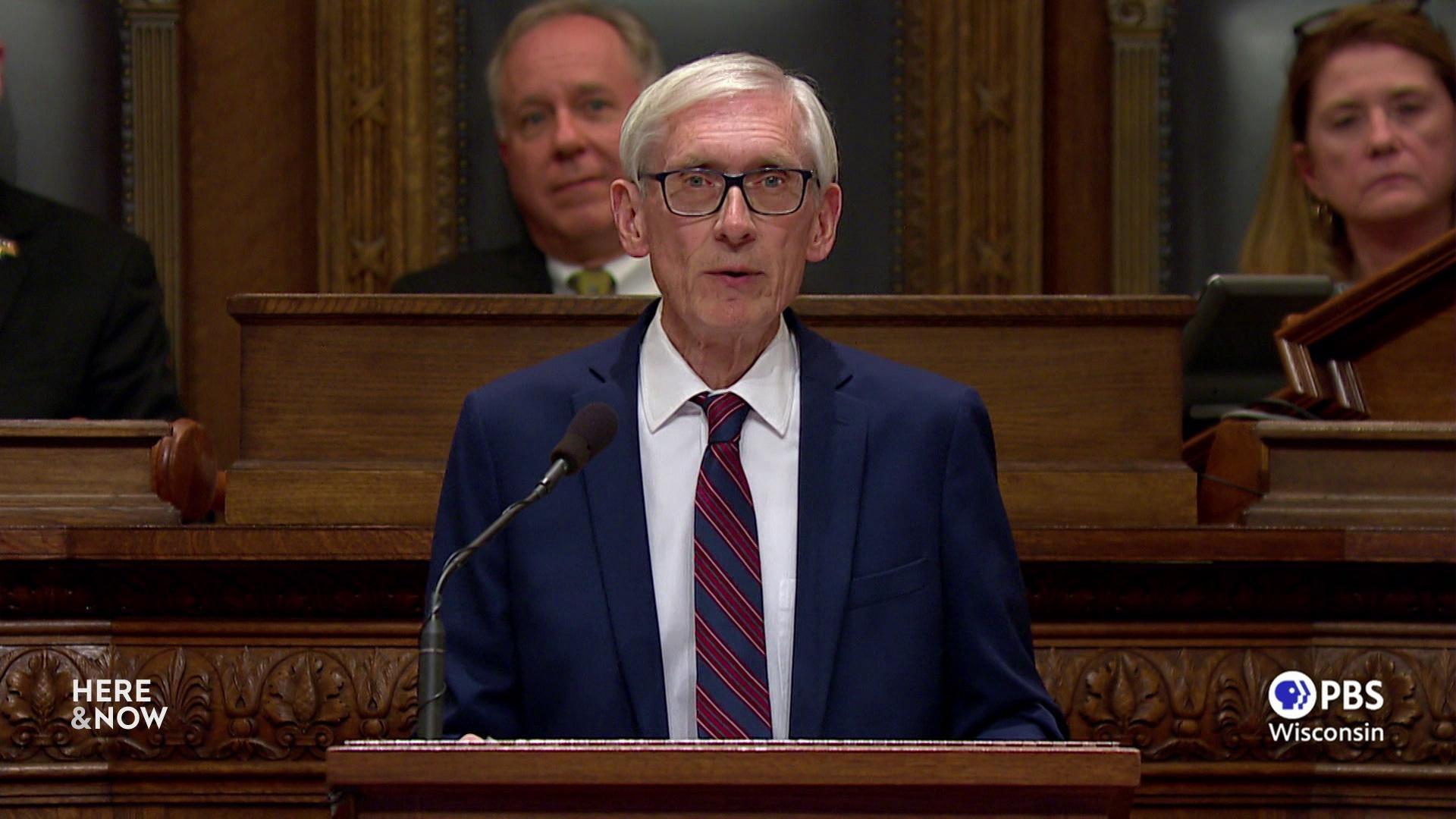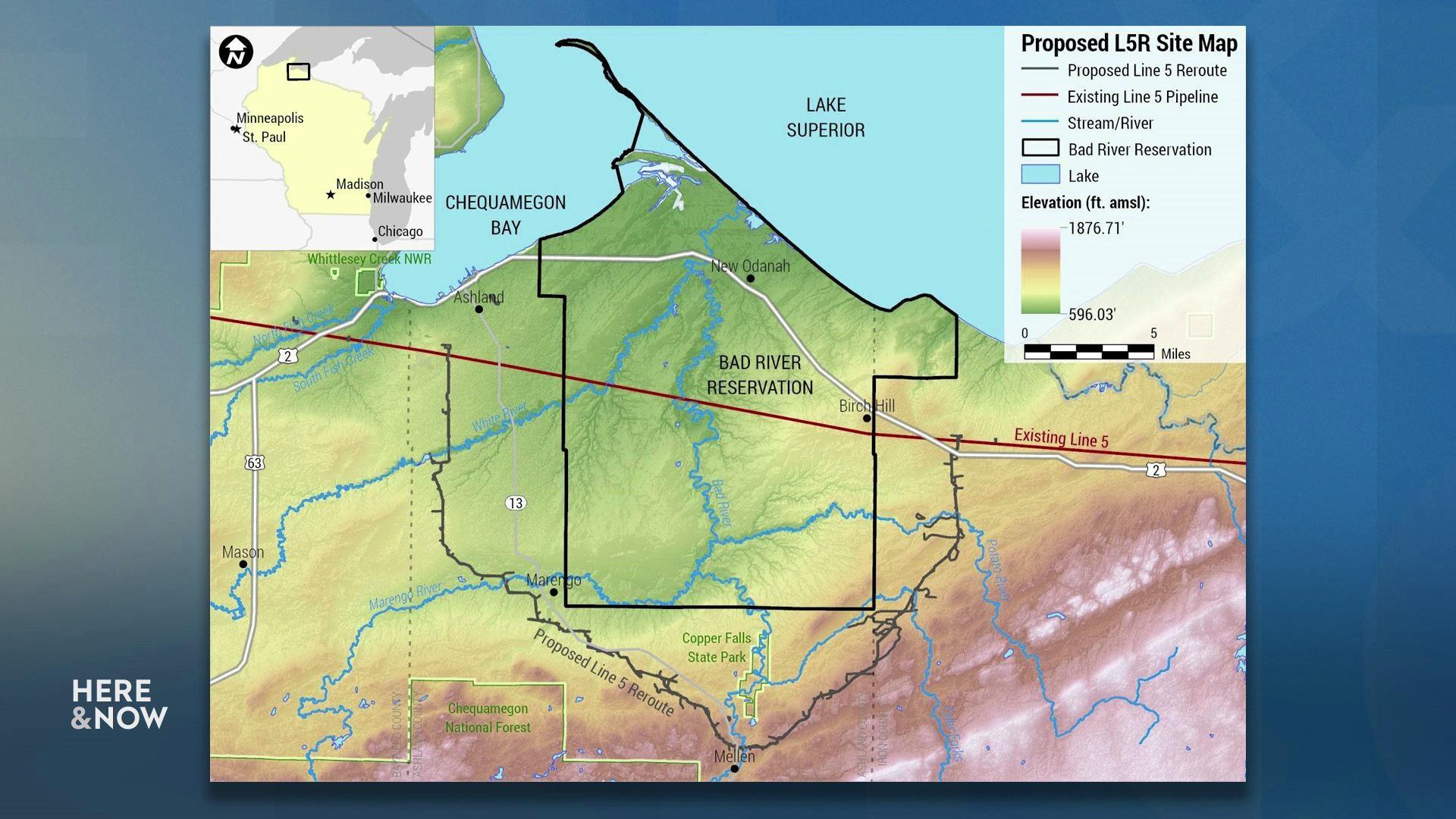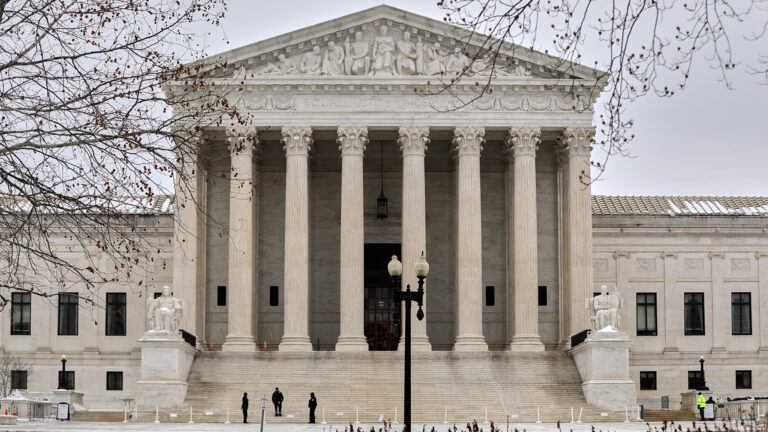Mark Copelovitch on parallels between today and the 1930s
Mark Copelovitch on how politics today mirror the 1930s backlash against globalization.
By Zac Schultz | Here & Now
June 25, 2025
UW-Madison political science professor Mark Copelovitch explains how today's rise in authoritarianism and protectionist policies mirrors the 1930s backlash against globalization. He warns that pushback against democracy and global trade often go hand in hand.
VIDEO TRANSCRIPT
Zac Schultz:
Is there a historical parallel here? There have been a lot of comparisons drawn to the 1930s, the 1950s, authoritarian governments on the rise, the slide of democracy. Are there fair comparisons or is the world so much different in terms of interconnectedness that it's not really relevant?
Mark Copelovitch:
Yeah. Yes is the answer, right? So on the economic side, the degree of globalization, you know, we've spent 80 years basically since the end of World War II moving towards more and more free trade institutionalized around rules set by the World Trade Organization and other, you know, we used to have NAFTA, now it's called the USMCA, and there's other trade agreements. And so, the world is orders of magnitude more integrated on trade and finance than it was in the 1940s, or 1950s, or 1960s, and there's really no going back from that, largely because we, as consumers, all like all the stuff we get that's made all over the world at affordable prices, right? And businesses do also. Production is globalized now. It's not just like you get a bunch of inputs that are made in the US, you bring 'em to a factory in the US, and you make something, and then you sell it abroad, right? If you think about like Boeing building airplanes, the parts come from 70 different countries. And so, firms are just dependent on globalization in a way that they weren't before. The parallels are on pushing back against that, right? So what you're seeing with rising authoritarianism, and populist economic policies, and protectionism, and things like that is very much what you saw in the 1920s and the 1930s in the wake of the Great Depression and in response to economic uncertainty. So those of us that are political scientists that, you know, study other countries or study history, and we've seen this movie before that the backlash against globalization and the backlash against democracy tend to go together. So that, you know, you don't wanna say everything is Nazi Germany, right? And you don't need to go historically that far, because you can look at Hungary, or Poland, or Turkey, and like more recent cases to see very similar things as what we're seeing with Trump, you know, both politically and economically now. But there are a lot of parallels, right? And I think it's important to think about those parallels and what we learn from them about, you know, how you stop that, but also like what can go wrong on the political side, not just on the economic side.
 Passport
Passport











Follow Us